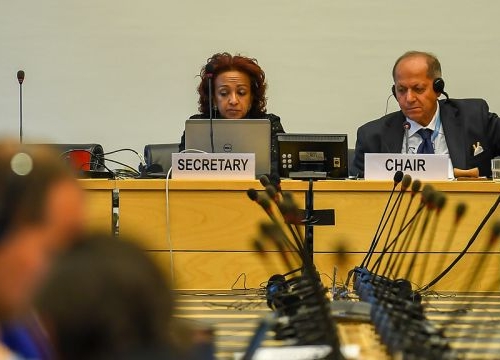Formal Launch of the 2020 Review of UN Treaty Bodies: Our Input


CCPR Centre
4 June 2020
The 2020 Review of United Nations (UN) treaty bodies (TBs), facilitated by the Permanent Representatives of Switzerland and Morocco to the UN in New York, was formally launched on 2 June.
‘This review represents an opportunity to further reflect on the TB system’s future and develop innovative proposals and solutions without weakening the human rights protection that the system currently affords’ explains Felix Kirchmeier, Executive Director of the Geneva Human Rights Platform (GHRP).
Providing Expert Inputs
The GHRP has been contributing to this review by providing expert input via different avenues, by facilitating dialogue on the review among various stakeholders, as well as by accompanying the discussions towards the follow-up resolution to 68/268 in New York and in Geneva.
This contribution builds upon the three-year global project of the Academic Platform, which developed models to optimize the reporting and dialogue processes of TBs.
The GHRP has since refined the proposals, adding a calendar system to schedule TB reviews optimally, and identified measures to update the TB communication procedure.
‘We were very pleased to see that in her address to states, Michelle Bachelet recalled that there is no need to reopen the treaties, a premise we followed with our Academic Platform and the recommendations we formulated’ underlines Felix Kirchmeier.
‘The High Commissioner also stressed that many steps to improve the system can be taken by TB themselves: many of our recommendations, including the coordinated scheduling of state reviews before TBs, go in this direction’ he adds.







